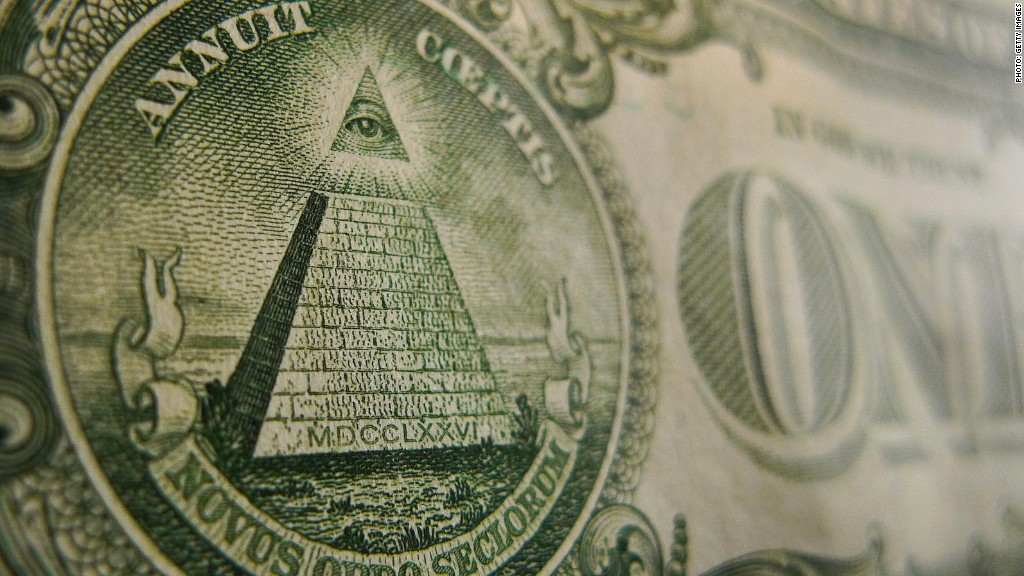
The U.S. dollar is not having a good October.
It's value has sunk along with uncertainty around when the Federal Reserve will raise its key interest rate. These recent losses come after the dollar has surged against most currencies for much of this year.
Some emerging market currencies have staged the biggest rallies so far this month against the dollar.
Indonesia's rupiah has gained 10%, the Brazilian real is up nearly 5% and the Turkish lira has gained 3.3% against the dollar in October, according to FactSet.
The euro and the British pound have also gained more than 1.5% against the dollar in October.
A few other factors besides the Fed are driving the rally against the dollar.
Chinese stocks are performing well in October, recent U.S. economic data has been disappointing and prices for commodities like oil -- the engine of growth in many emerging markets -- have gone up a bit.
"Slightly weaker economic growth in the U.S. makes the dollar weaker, which in turn makes commodities stronger, which in turn makes emerging markets less vulnerable," explains Krishna Memani, chief investment officer at OppenheimerFunds.
Weak U.S. economic data is also the most likely factor that could hold the Fed back from raising rates soon.
Related: Who wins when global currencies tumble?
The question is whether the dollar's weakness is just a bump, or the start of a longer term downturn.
Most signs indicate that this rally against the dollar is likely to be short lived, experts say.
"I think this is a correction, not a trend reversal," says Marc Chandler, global head of currency strategy at Brown Brothers Harriman.
Looming large is the Fed's rate hike decision. Fed officials have said for months that the first rate hike -- referred to as "liftoff" -- is likely to come this year. But uncertainty is building on whether it's coming this year. That uncertainty has caused investors to pull their cash out of emerging markets at a rapid pace.
The global economic slowdown, historically low commodity prices and low inflation all remain long-term concerns too.
Related: Watch out: strong dollar could trigger a currency crisis
"The Fed's lack of delivery on a rate hike creates uncertainty. It paralyzes investors' decisions and freezes up capital expenditure plans," says Chandler, referring to business investment.
Still, when the Fed does raise rates -- whether this year or next -- it will likely strengthen the U.S. dollar, especially against emerging market currencies.
It especially affects countries and foreign companies that borrow in U.S. dollars. Their debt becomes more expensive, which hurts spending and weighs down economic growth. All of that in turn hurts the value of the local currency.
However, the biggest determining factor for the value of currencies is still the performance of the world's largest economy: the United States.
"The U.S. economy continues to do much better than the rest of the world," says Memani. "As long as that is the case, the dollar will have an appreciation bias."


